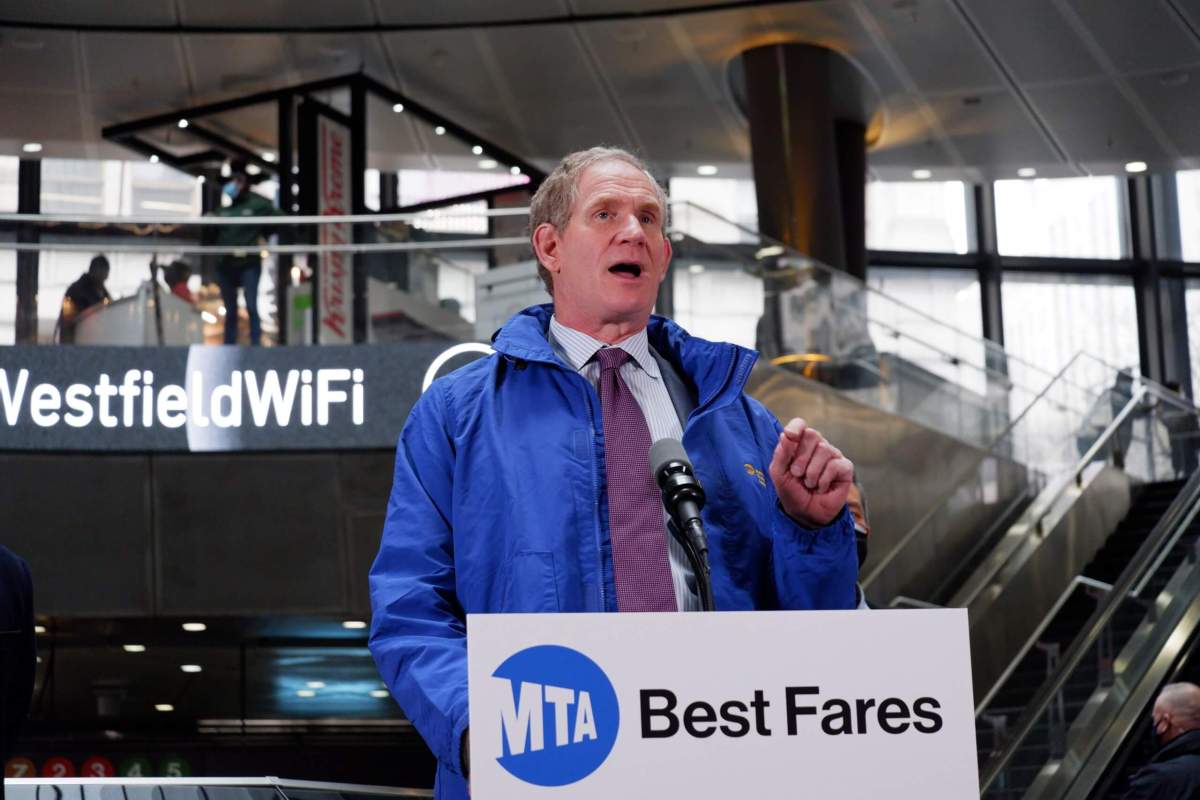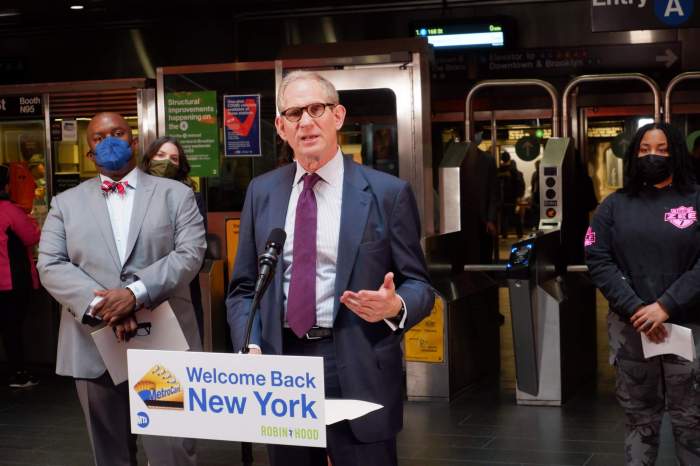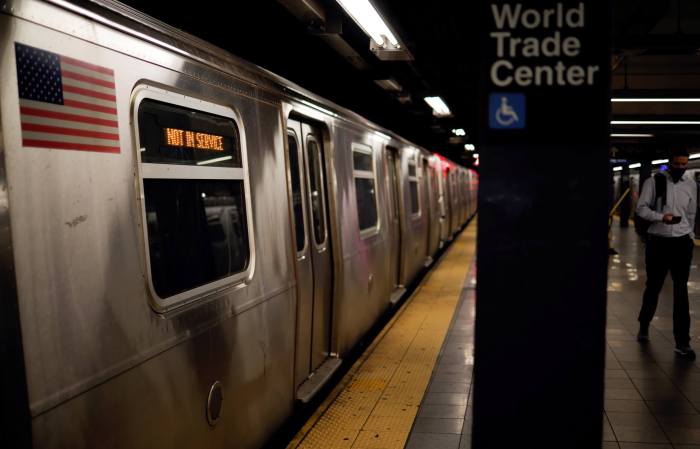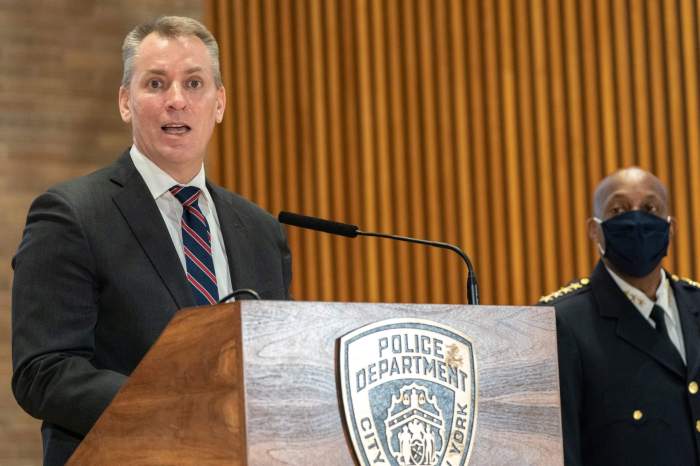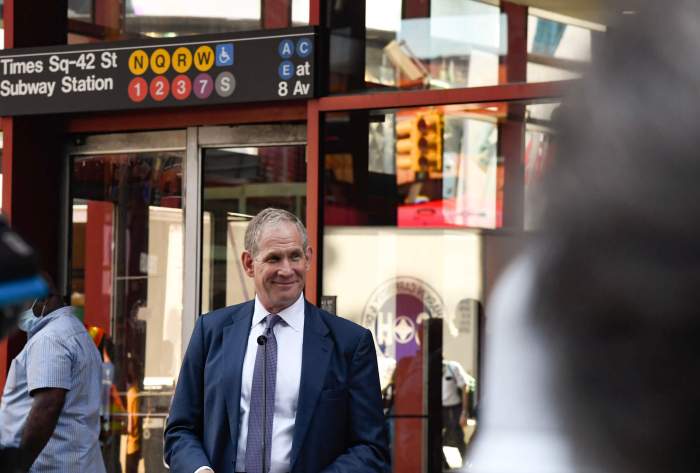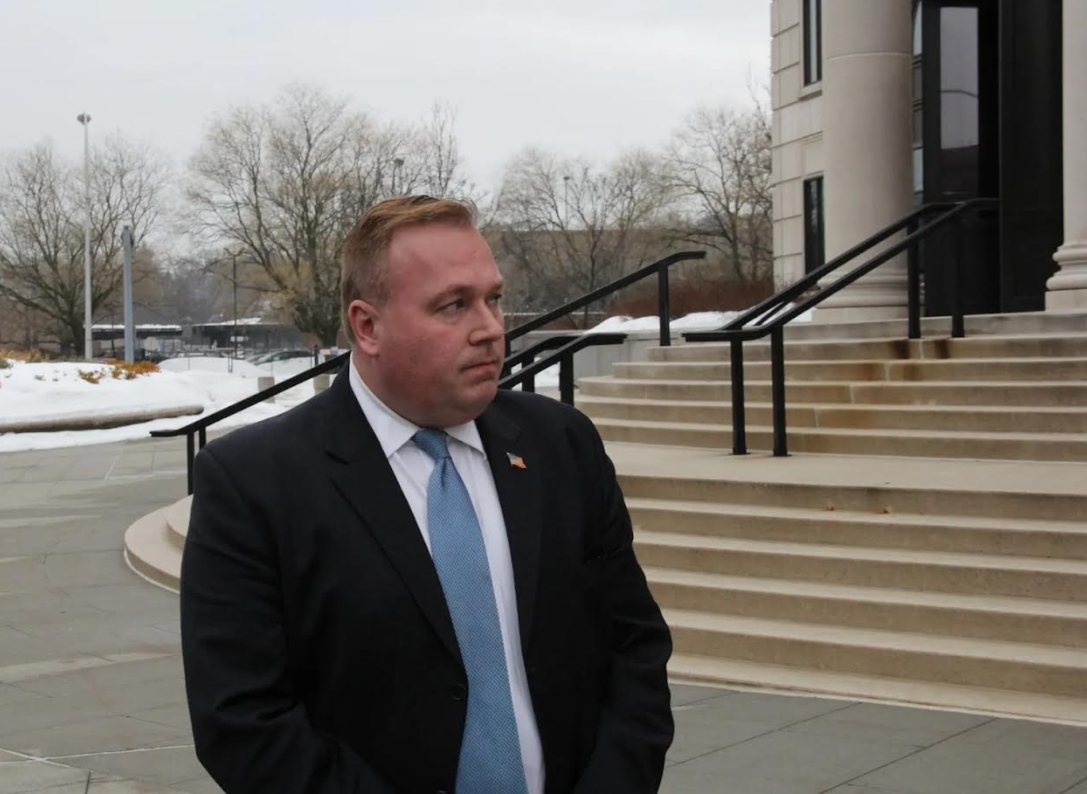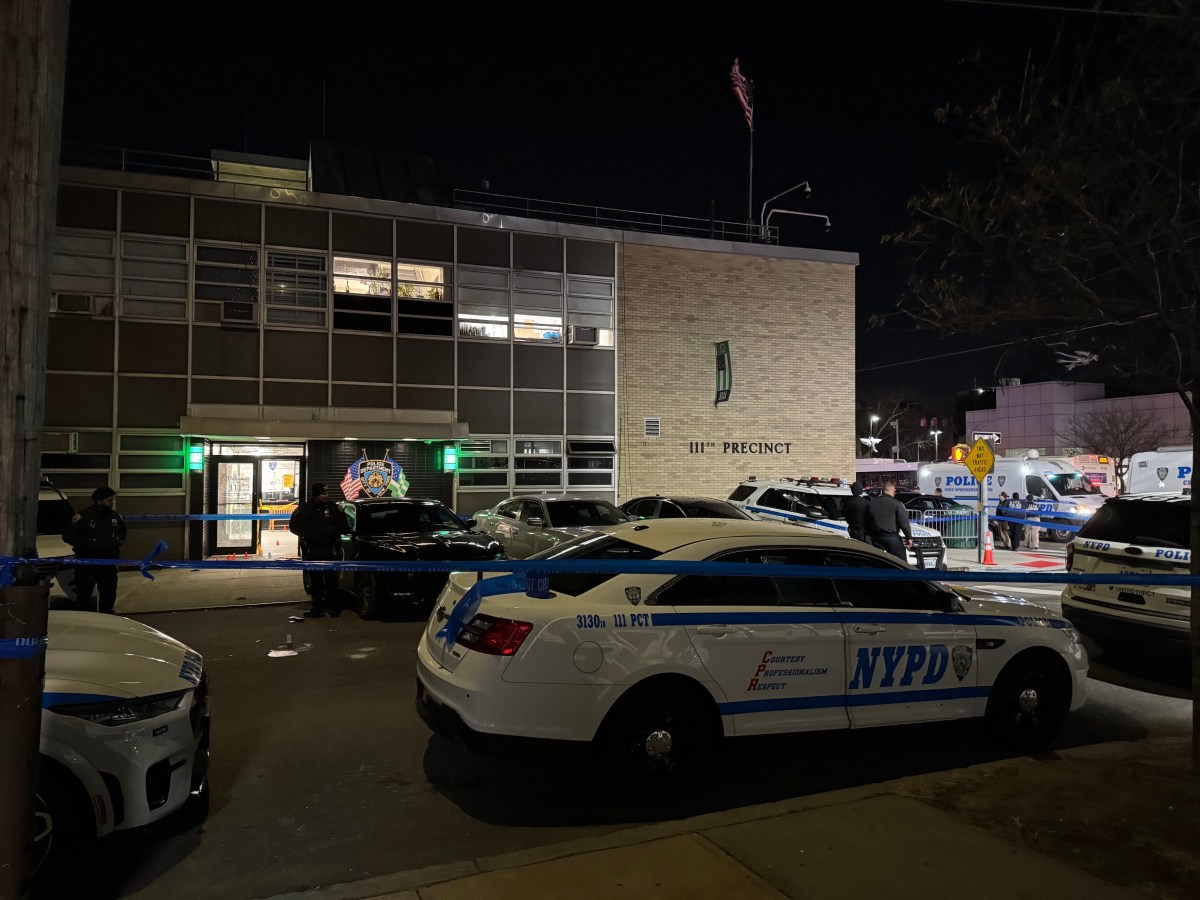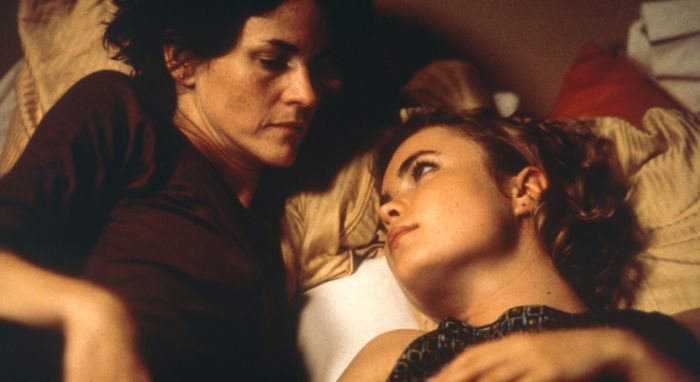The MTA should be able to ban repeat criminals from its transit system, the agency’s chief said Thursday after a man with a history of dozens of arrests allegedly smeared his feces on a straphanger in the Bronx last week.
“I do not understand why the MTA cannot ban people, who like that guy who had three priors of attacks in the subway system, from using our system,” said Janno Lieber during a webinar on March 3.
“I mean we take away driver’s licenses for one drunk driving episode. Why do we have to let these kinds of people — that guy had 19 priors, had attacked subway riders, and actually had a hate crime attack with one of them,” he added during the Excellence in Transportation Breakfast virtual event hosted by NYU’s Rudin Center for Transportation.
The transit bigwig was referring to Frank Abrokwa, who police say attacked a woman with a bag of his own excrement at the Wakefield-241st 2 train station in the Bronx on the evening of Feb. 21.
Police sources told the New York Daily News that he has 44 past arrests, and he was sprung on supervised release Wednesday for a separate hate crime charge of allegedly spitting on a Jewish man in Crown Heights back in September, the New York Post reported.
Lieber condemned the Brooklyn court’s decision to let Abrokwa out in a statement late Wednesday, saying it “defies common sense.”
“I’m not a criminal justice expert but I don’t understand how someone who commits this kind of assault – which was violent, horribly victimizing a transit rider – can just walk free even when he has four other open cases against him, including two other transit assaults and a hate crime charge. It defies common sense,” Lieber said.
The state already authorized judges to bar people from the Metropolitan Transportation Authority’s system for three years if they are convicted of a sex crime against an agency employee or a rider, under a law passed in the April 2020 state budget and pushed by then-Governor Andrew Cuomo.
Judges have issued those sentencing conditions only twice in nearly as many years — once in the Bronx and another time in Brooklyn — according to Lucian Chalfen, a spokesperson for the state’s Office of Court Administration.
However, barring people from the city’s vast subway network of 472 stations and many more entrances and exits is a herculean task.
Even when the MTA completely closed its stations overnight during the early pandemic, the agency was not able to stop trespassers from getting inside and some transit workers were assaulted, The City reported.
The nightly shutdown also didn’t stop a serial killer who went on a 14-hour stabbing spree on the A train in mid-February 2021, killing two people and injuring two more — all of them homeless — with his last victim getting slashed after the 1 a.m. closure in an uptown station stairwell.
A transit advocate said Lieber’s demands were a distraction and said the state-controlled MTA should focus its energy on brining back more frequent subway service, which would entice New Yorkers back to trains and buses and make the system safer by having more riders.
“It’s symbolic politics and what’s material [and] matters to riders is short wait times, faster trips, and the way to deliver those is to run more trains,” said Danny Pearlstein of Riders Alliance.
“If you want to talk about getting something done, that’s what they should be talking about, not the distraction of, ‘Let’s ban the people,'” he added. “I get it, we’re all angry, I think people have a right to be angry, but let’s talk about policy that works.”
The Bronx Defenders, which is representing Abrokwa in court, declined to comment on his case specifically, but slammed Lieber’s proposal for more bans.
“For people fighting their legal case in court, a process that can take months or even years, being banned from the subway system amounts to the violation of their due process, elimination of their presumption of innocence, and cutting off their ability to provide and care for their families,” said the organization’s Executive Director Justine Olderman in a statement. “Within our legal system that disproportionately targets and imprisons Black and brown people, this type of punitive and knee-jerk reaction would only perpetuate racial segregation in our neighborhoods.”



